There's something magical about picking up exactly where you left off in a game, regardless of which device you're playing on. After months of frustration with GameHub's save sync issues, GameSir's latest update finally delivered what cross-platform gaming has been promising all along. Now I'm seamlessly jumping between my Android phone and PC while exploring the highly anticipated world of Hollow Knight: Silksong. No fiddling. No second guessing. This is how gaming should work everywhere.
Next comes tighter links between local play and cloud streaming: start on your phone, shift to the cloud when you need more power, and finish on your console at home — all without a hiccup. That is the kind of handoff GameHub hints at.
And once you feel that smoothness, anything less feels clunky. Players always choose the path of least friction.
Bottom line: This is just the beginning
GameHub's successful Steam cloud save integration isn't just a win for GameSir users — it's proof. Silksong is expected to be available on multiple platforms upon release, with Xbox Game Pass support anticipated at launch, with Team Cherry confirming Silksong will be available on Xbox Game Pass at launch. Pair broad availability with reliable save sync and you have the new baseline for how games should travel with us.
The fact that I can switch between exploring Silksong's anticipated intricate world on my phone during commutes and diving into boss battles on my PC at home is more than convenient, it changes how games fit into a day. This is what the promise of cloud gaming and cross-platform integration was supposed to deliver, and GameHub finally made it feel right.
We are watching a shift where the device becomes secondary to the experience. That changes design philosophies, purchasing decisions, and how the industry organizes itself around platforms versus play. GameHub's implementation might look like a small technical win, but it is a meaningful step toward a flexible, player-first future where your library belongs to you, not to a single ecosystem.




![Hollow Knight: Silksong Standard - Nintendo Switch [Digital Code]](https://m.media-amazon.com/images/I/71NbgiMsI4L._AC_UY218_.jpg)


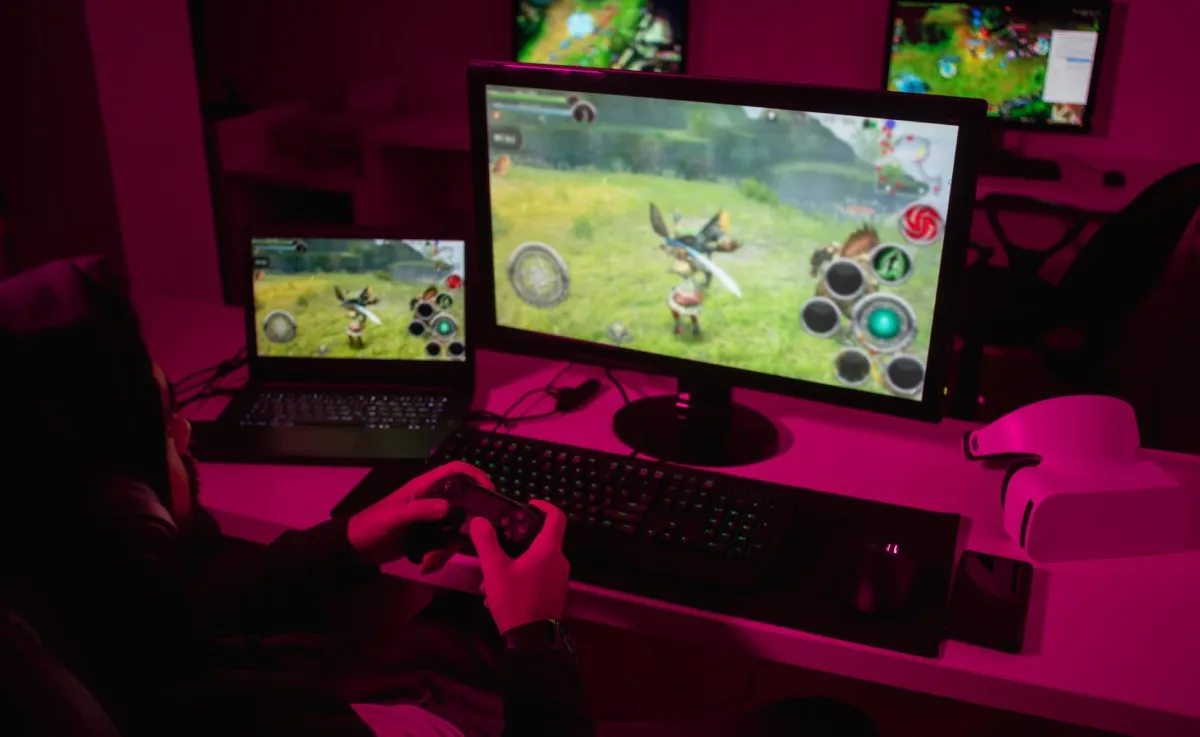
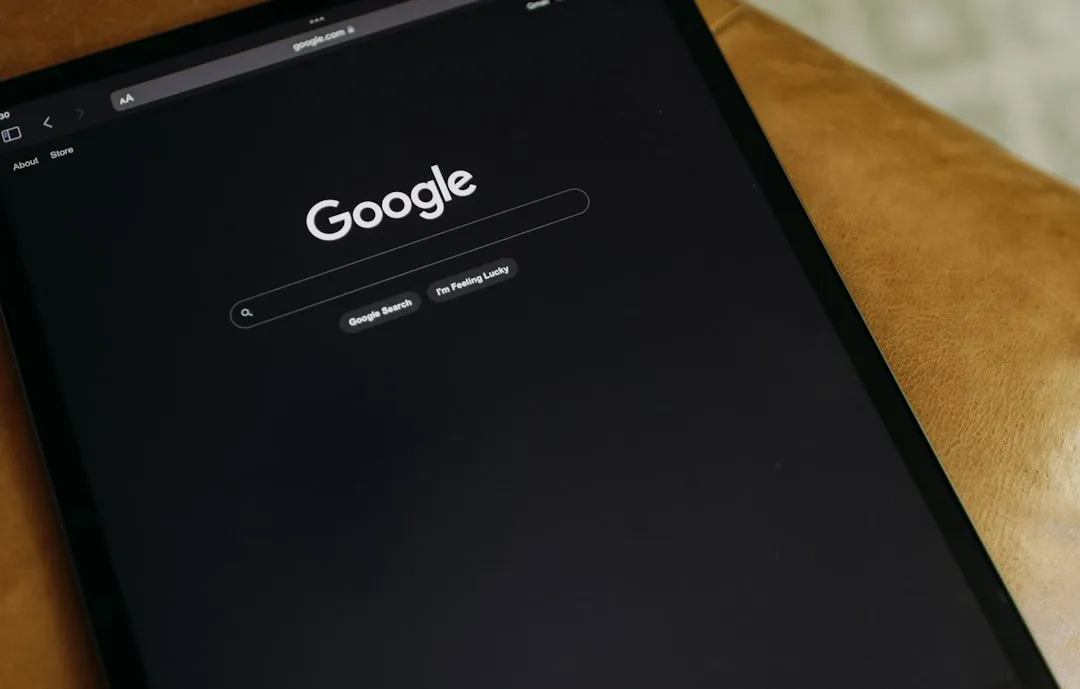








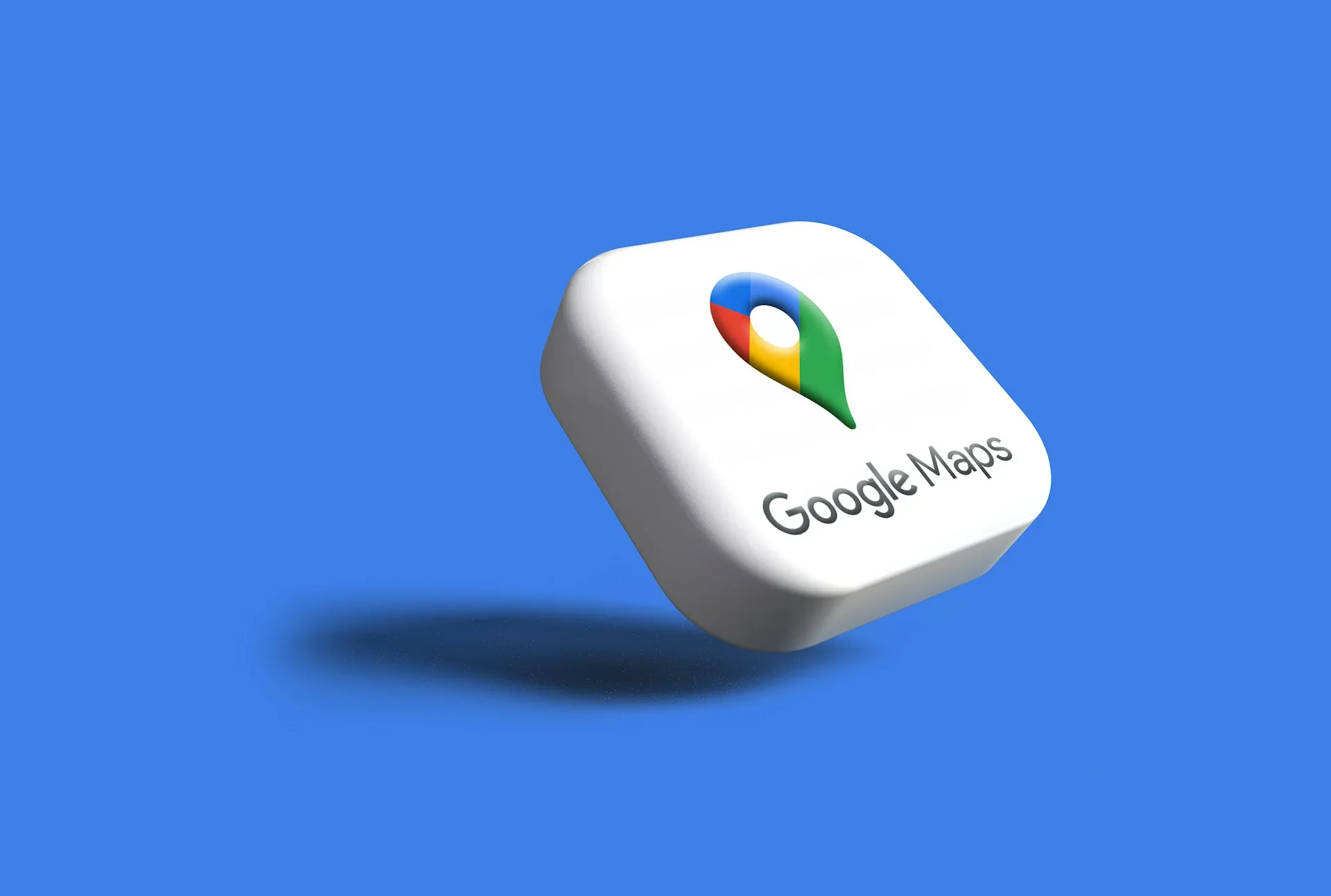


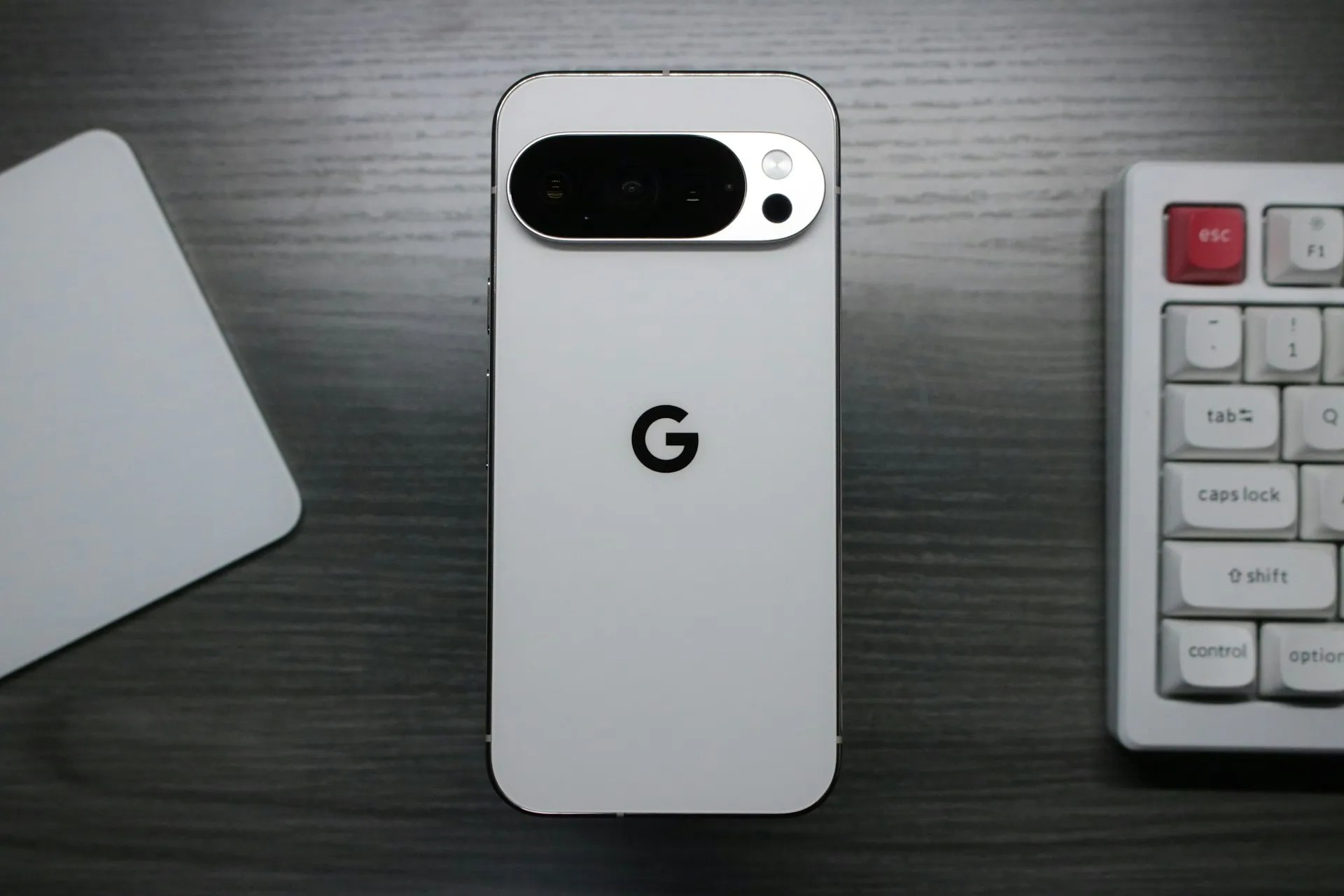


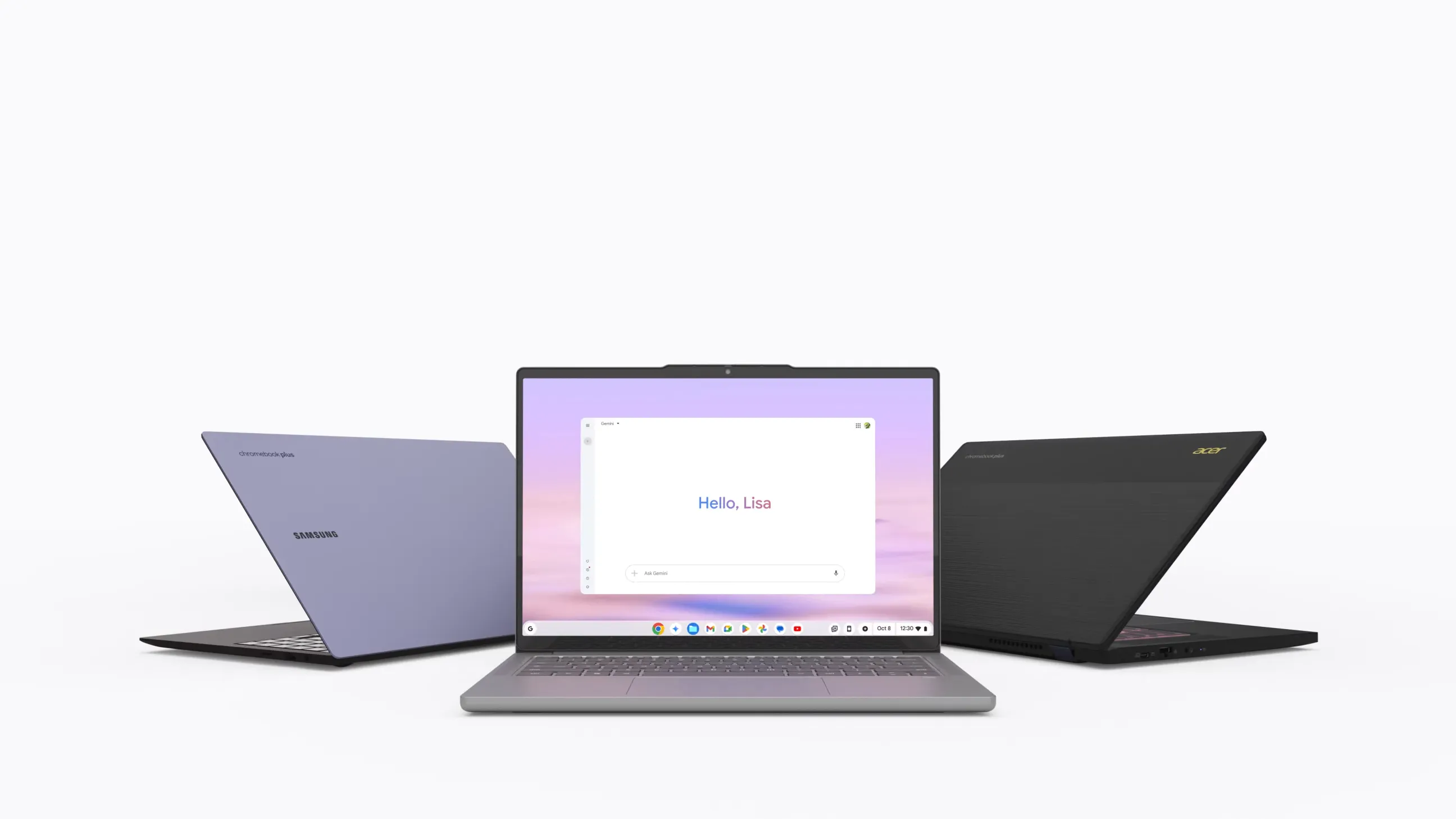




Comments
Be the first, drop a comment!